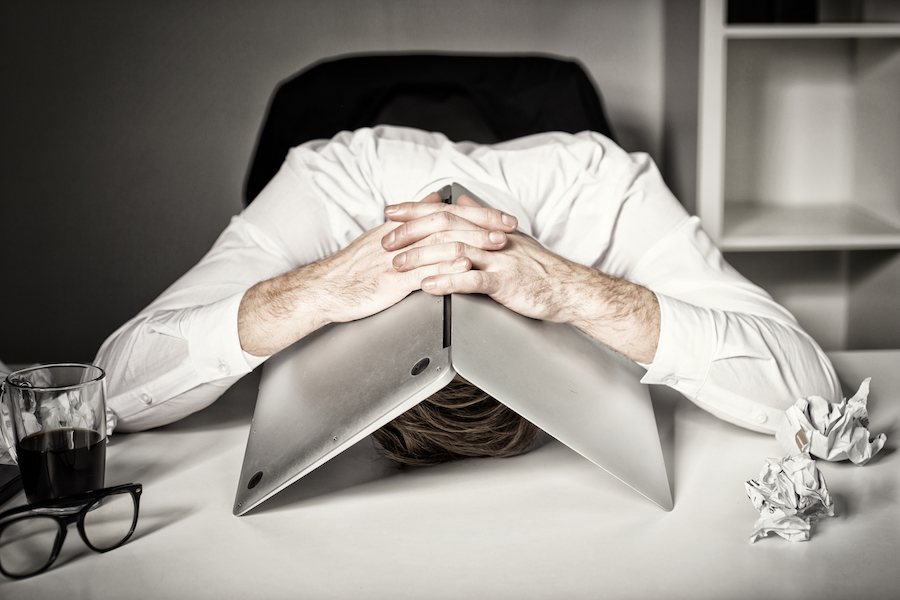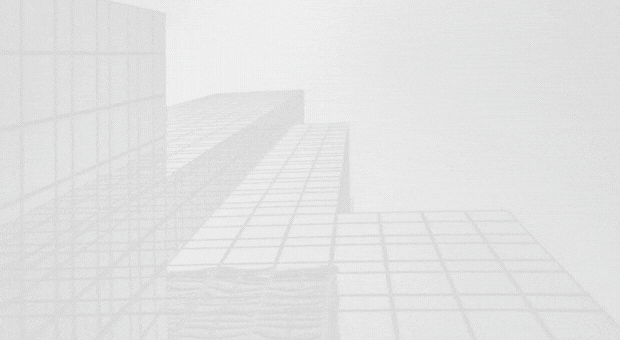Recover from Burnout with a Virtual Office

You’re tired and cranky, your friends see you and want to hide, and your partner wants to dissolve your LLC because you’re impossible to be around. That happy disposition you were once known for is gone. Even the simplest of tasks leaves you feeling overwhelmed and lethargic – and you’re quick to anger due to your frustration. If this sounds like you, you may be experiencing burnout.
Burnout is not a new phenomenon. However, something that was once reserved just for the workplace has now become a mainstay in our culture. Unfortunately, due to Covid 19, quarantine, and lack of boundaries at home and work, thanks to Zoom and the always-on mentality, many people worldwide find themselves physically, emotionally, and mentally exhausted.
What is burnout?
Burnout, according to Psychology Today, is a state of emotional, mental, and physical exhaustion brought on by prolonged or repeated stress. In this blog, we’re going to focus on job burnout and what you can do to avoid it. [Keep in mind burnout can occur in all areas of life, such as parenting, caretaking, and romantic relationships.]
Most people don’t realize they’ve hit burnout until it’s too late. It’s as though they don’t feel the momentum of the speeding train until it hits the brick wall, but at that moment, the damage is done. According to the APA Dictionary of Psychology, workplace burnout is “Physical, emotional or mental exhaustion, accompanied by decreased motivation, lowered performance and negative attitudes towards oneself and others.”
What happens is you don’t realize that your body has crossed the line from being really tired to being too exhausted to function. This means that a good night’s sleep won’t be enough to recover and restore normal function. In the alternative, you may not even realize what you’re doing because, as a type A personality, you thrive on pushing yourself to the limit mentally and physically. Your mantra is, “If you want something done, give it to a busy person.”
What are the most common signs of burnout?
Burnout looks different for everyone. However, there are symptoms that are consistent for all those who suffer.
Fatigue:
Fatigue is a significant symptom of burnout that can affect every aspect of your life. I’m not referring to the need to sleep or take a power nap to feel refreshed. I’m talking about feeling like you need to sleep all the time. When you feel so tired that even simple tasks are exhausting. People are having a difficult time with the new normal that has grown out of Covid, and it’s taking a lot of adjusting too. Feeling tired is acceptable. Feeling like you never want to get out of bed, is not.
Feelings of Apathy:
Everyone has days where they want to stay in bed and binge-watch their favorite shows instead of heading into the office. In college, we used to call them self-imposed mental health days. As an adult, when you have these days too frequently, you need to ask yourself what’s happening. Is it a genuine lack of satisfaction with your work life, or is it burnout and you need a reset? When you feel like each day is on repeat and you’re going through the motions in survival mode, it’s burnout.
Headaches:
Tension headaches are a common side effect of burnout. Taking ibuprofen is not the solution. You must acknowledge that something more serious is happening and deal with that core issue.
How to deal with burnout?
The first step to healing from burnout is recognizing the symptoms and creating a roadmap to recovery. Most people don’t acknowledge burnout until they are knee-deep in it because they are so used to going 100 miles per hour daily. But all is not lost; tangible steps can be taken to return to those happier, more satisfying days. We’ll review a few steps you can implement to help you get back on track and recover from burnout so you can go on to live your best life.
Make your mental health your top priority:
You can’t fill from an empty pot. Having someone to talk with to help you sort out your feelings and emotions is always beneficial. Having a safe place to speak with someone trained to listen and lead you to your own conclusions without coloring your perspective can be life-changing, especially when you feel pressured or when you’re dealing with a stressful time in your life. Talking to a mental health professional can help bring to light the thoughts in the recesses of your mind that are hindering you from moving forward.
Build-in breaks:
For every two steps forward, you need to take a step back; progress is never linear. When you accept and embrace this dance as fact, you will find the challenges life throws at you easier to deal with. Do daily, weekly, and monthly check-ins, taking breaks with yourself as needed. Ask yourself, “What do I need right now to be happy and successful?”
Exercise:
Simple movement provides excellent health benefits that combat stress, helping you defend against burnout. Regardless of the amount of energy you have, any activity will help reduce stress and help your body relax. It doesn’t have to be a trip to the gym; it can be as simple as walking your pup or participating in a yoga class in your living room with a fitness app. Anything that gets the blood flow circulating will do your heart and mind good.
Create work-life boundaries:
A big step towards avoiding burnout as a small business owner/entrepreneur would be creating a healthy work-life balance. A great way to do this would be to invest in a virtual office. When you have a virtual office, you are no longer on call 24/7. You get to disconnect when you need to and hand off responsibility to a live receptionist who can answer your business calls, take your messages, and receive your mail and packages. With an Opus Virtual Office, in addition to these services, you’ll get the added benefit of meeting rooms and a corporate mailing address that you can use on all your marketing collateral. This will help create a clear distinction between your personal life and your career. This lack of work-life balance and the shift to remote work has been the main culprit for much of the burnout phenomena society has been experiencing.
How you can avoid burnout in the future:
Although burnout can be overwhelming when you’re in the thick of it, once you’ve recovered, you should take measures to prevent a recurrence. It would be best if you kept up with your new routines and boundaries. The difference is now you’re starting with experience. You know the signs and symptoms to look out for, and you’re armed with the knowledge of how to avoid common missteps in the future.




























